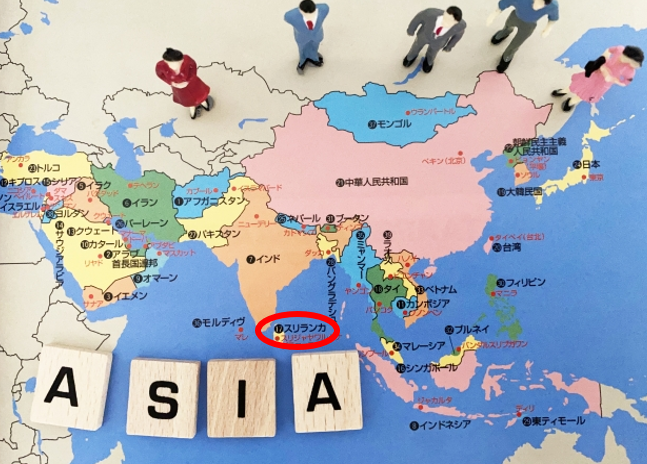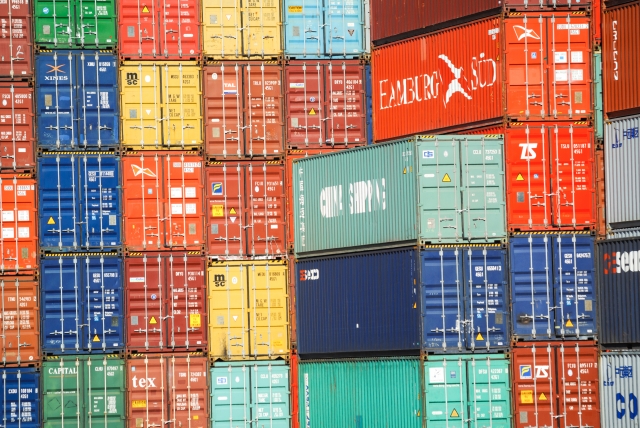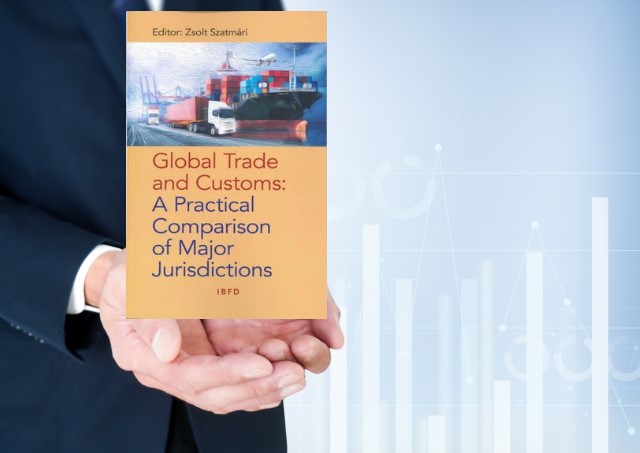- 2025.09.24
- Customs, India Customs, india logistics, India Trade, International Taxation, Logistics, Sri Lanka Logistics, Tariffs Japan-India Logistics, Trade, Transfer Pricing, VAT
Japan-India Logistics & International Tax Support The TradeTax Group provides professional support in international logistics and taxation, focusing on India and Sri Lanka.We position Sri Lanka as the “Second Hub” after Singapore—for product segmentation, component storage, and supply—helping companies expand smoothly across Asia. Our Services 📩 Contact: info@tte-japan.com🌐 Learn more: www.japan-jil.com
The Foreign Exchange and Foreign Trade Act controls exports of arms and military-usable goods and technology to prevent them from passing to states, terrorists, or other parties that may threaten the security of Japan or the international community (security trade control). Violations of these export laws and regulations are very severely penalized as unauthorized exports. It is very severe, and in some cases, you may even be sent to prosecution. We will help you establish a right legal system for determining the applicability of your products, screening demanders, and requiring export licenses.This system will prevent you from being subject to post-export inspections by the customs authorities or pointed out by the Ministry of Economy, Trade, and Industry (METI).Our certified security trade control expert with technical backgrounds and experts in The Foreign Exchange and Foreign Trade Act and the Customs Act provide comprehensive backup. Click here to contact us ⇒.
HS code advantageous change based on customs law theory.Operating profit increase by the change of customs duty / import VAT /consumption tax. ⇒ We will support a workable plan Please contact us. ⇒ Click
- 2020.07.25
- Customs authority audit, customs clearance, Customs value, Export, Export control, FTA, IBFD, Last substantial transformation, Manufacturing or processing operation, Rules of origin, tariff (import tax), Trade
掲載内容に関する詳細をお知りになりたい方は「お問い合わせ」より、ご連絡下さい。 Shibata wrote in the book “GLOBAL TRADE AND CUSTOMS” (published by IBFD).You’ll find information about trade and customs around the world. The contents of is as follows.Chapter 7 Japan Introduction7.1. Classification of goods 7.1.1. Introduction7.2. Rules of origin 7.2.1. Relevance of rules of origin 7.2.2. Free trade agreements 7.2.3. Wholly obtained goods 7.2.4. Last substantial transformation 7.2.4.1. Value-added method 7.2.4.2. Change in tariff classification 7.2.4.3. Manufacturing or processing operation 7.2.4.4. Insufficient working or processing/Non-qualifying operations/Minimal operations 7.2.4.5. Cumulation 7.2.5. Practical aspects and challenges 7.2.6. Proofs of origin 7.2.6.1. Country of origin certification under the Japan-EU FTA 7.2.6.2. Country of origin certification under TPP117.3. Customs value 7.3.1. Transaction value 7.3.1.1. Amounts included in the transaction value 7.3.1.2. Elements to be included and excluded 7.3.2. Alternative valuation methods 7.3.2.1. Identical or similar merchandise 7.3.2.2. Deductive method 7.3.2.3. Computed method 7.3.2.4. Fall-back method 7.3.3. Most typical challenges 7.3.3.1. Related-party pricing 7.3.3.2. Price adjustments 7.3.3.3. Exchange rate 7.3.3.4. Returns and repairs 7.3.3.5. Advance ruling on customs value7.4. […]
Atsushi Shibata (Mr.) ; TradeTax East Japan in Tokyo , CEO wrote in “Global Trade and Customs: A practical Comparison of Major Jurisdictions” (published in July 2020) by IBFD. What is IBFD? It was founded in 1938 to provide information on tax law around the world and to promote the development of tax law. Today, it is the world’s most prestigious international organization of international taxation. IBFD has more than 70 research professionals in over 30 countries and provide high quality and reliable research and information. In the past, Toshihiko Kuroda of Governor of the Bank of Japan and Hiroshi Kaneko, an authority of Japanese tax law (Awarded Medal of Culture in 2018) were also members of the board of trustees and of the advisory council.IBFD official website ⇒Click here




